The Emotional Toll of Glasses: Why Ear and Temple Pain Affects More Than Comfort
Redefining comfort for people who are increasingly sensitive to pressure on the face, neck, and head.
When people talk about wearing glasses, the focus is usually on the obvious- seeing clearly, adjusting to lenses, or choosing frames that feel stylish. What often gets overlooked is the hidden toll that glasses can take on both the body and the mind.
Behind the ears and along the temples lies delicate skin, sensitive nerves, and thin tissue. Glasses rest here every day, applying steady pressure hour after hour. For millions of glasses wearers, this leads to soreness, tenderness, and even migraines. But what many don’t realize is how deeply this daily discomfort can affect emotional well-being, confidence, and mental health.
The overlooked problem of temple and ear pressure
The temples and ears are not built to withstand constant weight. Eyewear frames press into sensitive spots, triggering irritation, inflammation, and in some cases, skin breakdown. People often describe tenderness behind the ears, a burning sensation where the arms of glasses dig in, or throbbing pressure along the temples that spreads into headaches.
For individuals with thinner or more sensitive skin, these issues are magnified. Skin dents from glasses can form around the ears, and soreness can become so persistent that even short wear feels exhausting. Despite frequent frame adjustments or choosing lightweight lenses, the pain continues because the problem isn’t just the glasses; it’s the pressure they exert on sensitive areas of the face.
The emotional weight of discomfort
Living with this daily pressure does more than cause physical pain. It chips away at your mood, focus, and nervous system. That constant low-level discomfort becomes background stress, pulling on your patience and resilience.
For people who start wearing glasses later in life, often in their 40s, 50s, or beyond, the adjustment can be overwhelming. Suddenly, something as simple as reading, working, or driving now comes with a side of discomfort. Many describe it as a burden they weren’t prepared for. What was once a minor annoyance becomes a daily frustration that bleeds into emotional well-being.
The result? Agitation, irritability, and fatigue. It’s not just about glasses discomfort; it’s about how it wears on your sense of self. Some people even find themselves avoiding glasses when they need them most, preferring blurry vision over the constant ache of pressure.

When pain becomes part of identity
Over time, the toll becomes more than physical. People begin associating their glasses with pain, dread, and self-consciousness. Visible dents behind the ears or reddened skin along the temples can feel embarrassing. The inability to wear glasses without discomfort impacts confidence, whether in professional settings or social interactions.
The nervous system is especially sensitive to this kind of chronic irritation. The pressure can trigger tension headaches or migraines, leaving wearers exhausted. Mental health suffers as well. That feeling of being “on edge” because of glasses discomfort is real, and it contributes to stress, anxiety, and frustration.
Why standard adjustments don’t work
Opticians often suggest adjusting the arms of glasses or switching to lighter frames. While these steps can help a little, they rarely solve the deeper issue. Eyewear simply wasn’t designed with skin comfort in mind. The industry has focused on vision and fashion, leaving comfort and skin health as afterthoughts.
If any other accessory, like earrings, headphones, or hats, caused this level of pain or visible damage, we would never accept it. Yet millions of glasses wearers continue to push through the discomfort, believing it’s just part of the deal.
A skincare-forward solution for temple and ear pain
That’s exactly why OptiSleeve was created. Developed by a licensed esthetician, OptiSleeve is made from premium medical-grade silicone, the same type of material doctors use to protect and heal delicate skin.
Instead of forcing your skin to adapt to the glasses, OptiSleeve adapts the glasses to your skin. By sliding over the arms of your glasses, OptiSleeve creates a soft, cushioning barrier that eliminates pressure and reduces irritation. The silicone is breathable, lightweight, and designed to stay in place, offering all-day comfort without disrupting the fit of your glasses.

This small change makes a big difference. The tenderness behind your ears fades. The throbbing pressure on your temples eases. The constant awareness of discomfort disappears, allowing you to focus on your day instead of your pain.
The psychological relief of comfort
What’s most powerful about OptiSleeve is not just the physical relief, it’s the emotional freedom that comes with it. When your glasses no longer feel like a burden, your nervous system can finally relax. You stop bracing for irritation every time you put them on.
The change in confidence is noticeable, too. Without redness, dents, or visible irritation, people feel more at ease in social situations. Wearing glasses no longer carries the same emotional weight. That sense of dread is replaced with comfort, calm, and confidence.
Redefining the glasses experience
For too long, glasses wearers have accepted pain as part of the package. OptiSleeve challenges that narrative, proving that eyewear accessories can prioritize comfort and skin health just as much as vision and style.
The truth is simple: when you remove the pressure and pain, you don’t just protect your skin; you also preserve your peace of mind. Glasses can finally become what they were meant to be: a tool for better vision, not a source of daily stress.
If you’ve ever felt drained, irritable, or self-conscious from the toll of wearing glasses, know that there’s an easier way. Relief isn’t complicated; it just takes the right accessory.
And if the pressure on your nose bridge has also left you with painful marks, indentations, or skin dents, our companion product OptiStrips offers the same medical-grade silicone protection for the front of your face. Together, OptiSleeve and OptiStrips give glasses wearers a true sense of freedom, comfort, and care.
Share



